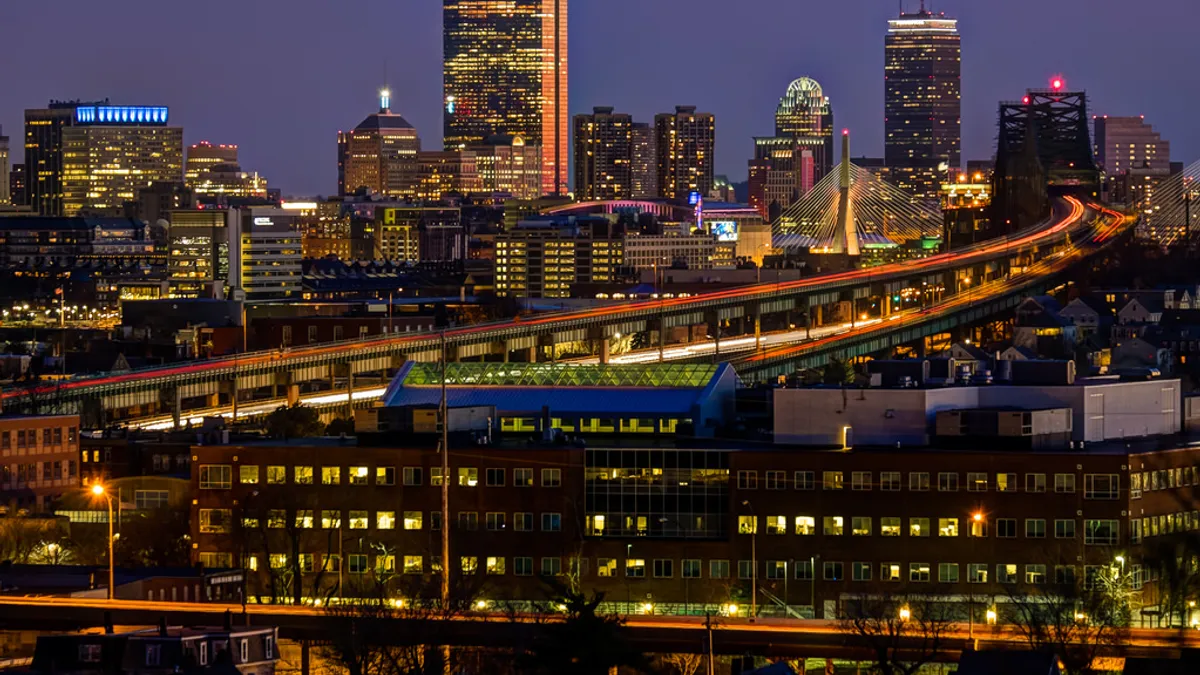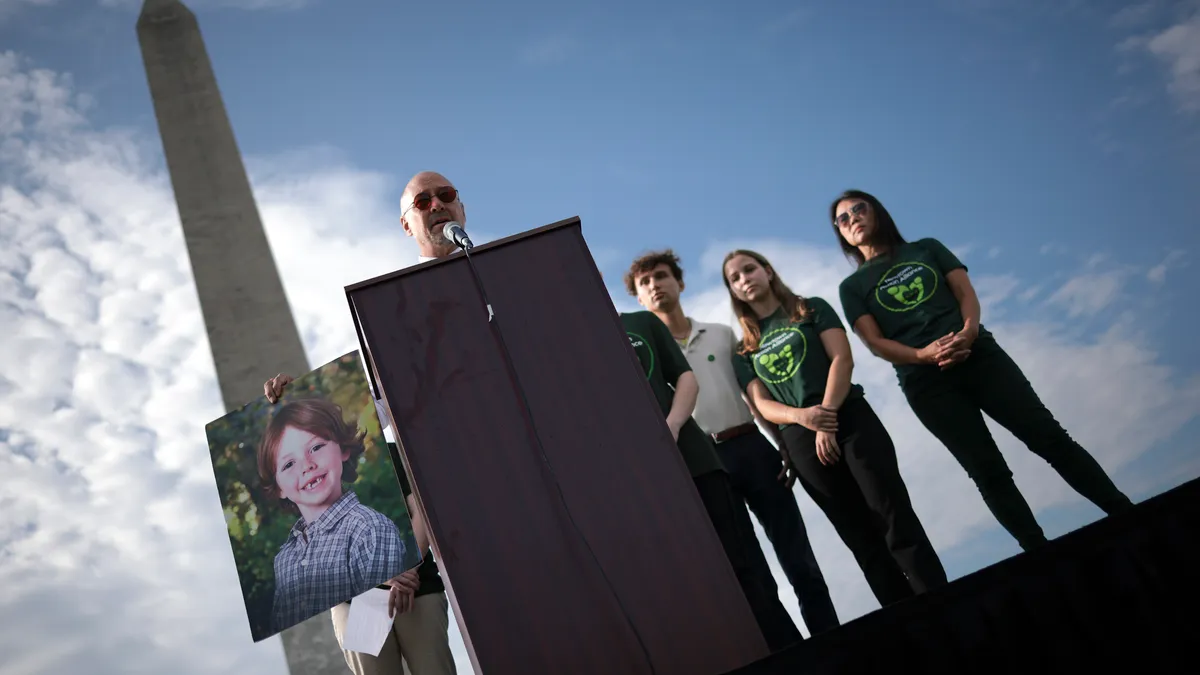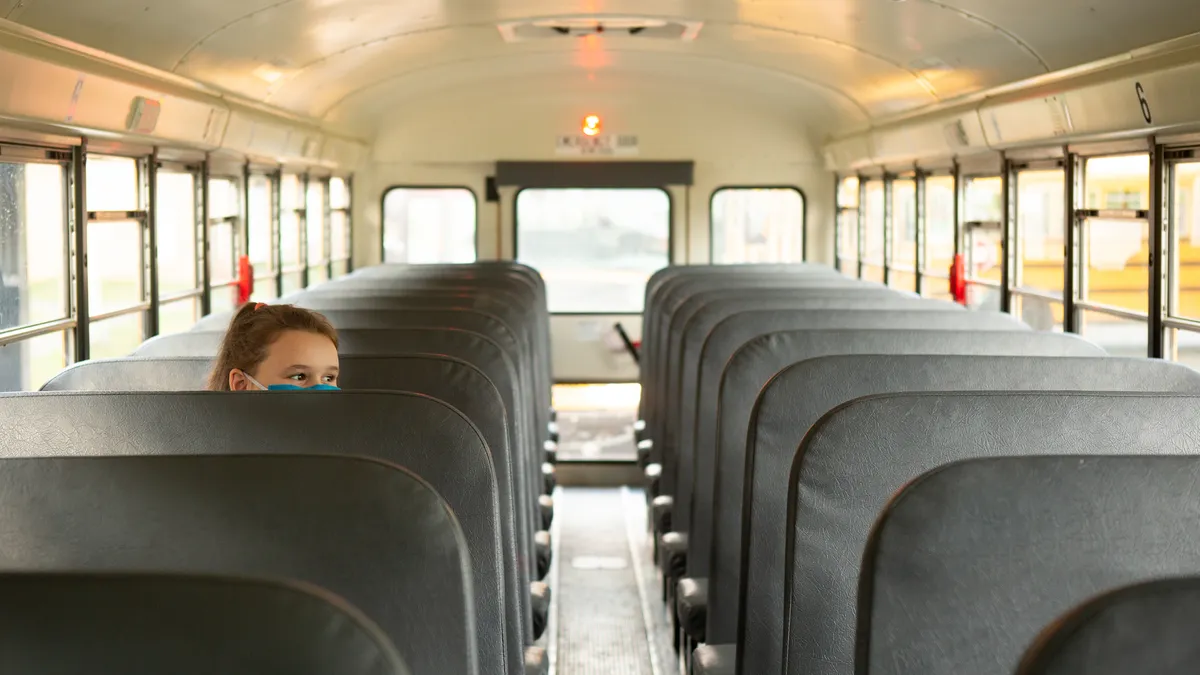Dive Brief:
- Hofstra University social studies instructor Alan Singer writes for The Huffington Post that Massachusetts has somewhat surprisingly become "Ground Zero" for the battle over charter schools.
- Despite the high-performing public school system in Massachusetts, which would put the state’s students among the top 10 in the world with PISA scores on math, reading and science, Singer writes the ballot initiative to raise the cap on charter schools has been backed with tens of millions of dollars in corporate and out-of-state money.
- While charter school advocates filed a lawsuit arguing the charter school cap was unconstitutional, the judge threw it out, saying the state has the right to protect the finances of its public school system — a key argument of cap supporters, who say lifting the cap will drain money from traditional public schools.
Dive Insight:
Massachusetts currently has 120 charter schools statewide, and the cap limits the number of new charter schools that can open in certain districts, including Boston Public Schools. The cap would allow up to 12 new charter schools to open per year, if approved by the Board of Elementary and Secondary Education.
While charter school performance around the country is mixed, opponents of the cap argue charter schools serving Boston Public Schools students, specifically, are consistently high-performing. Massachusetts has particularly high standards for approving charters, and it has closed a number of charter schools that didn’t meet expectations after opening. Charters serving suburban students in Massachusetts, however, often have lower student outcomes than the local traditional public schools, but the cap isn’t blocking expansion of charters in these areas.






 Dive Awards
Dive Awards







